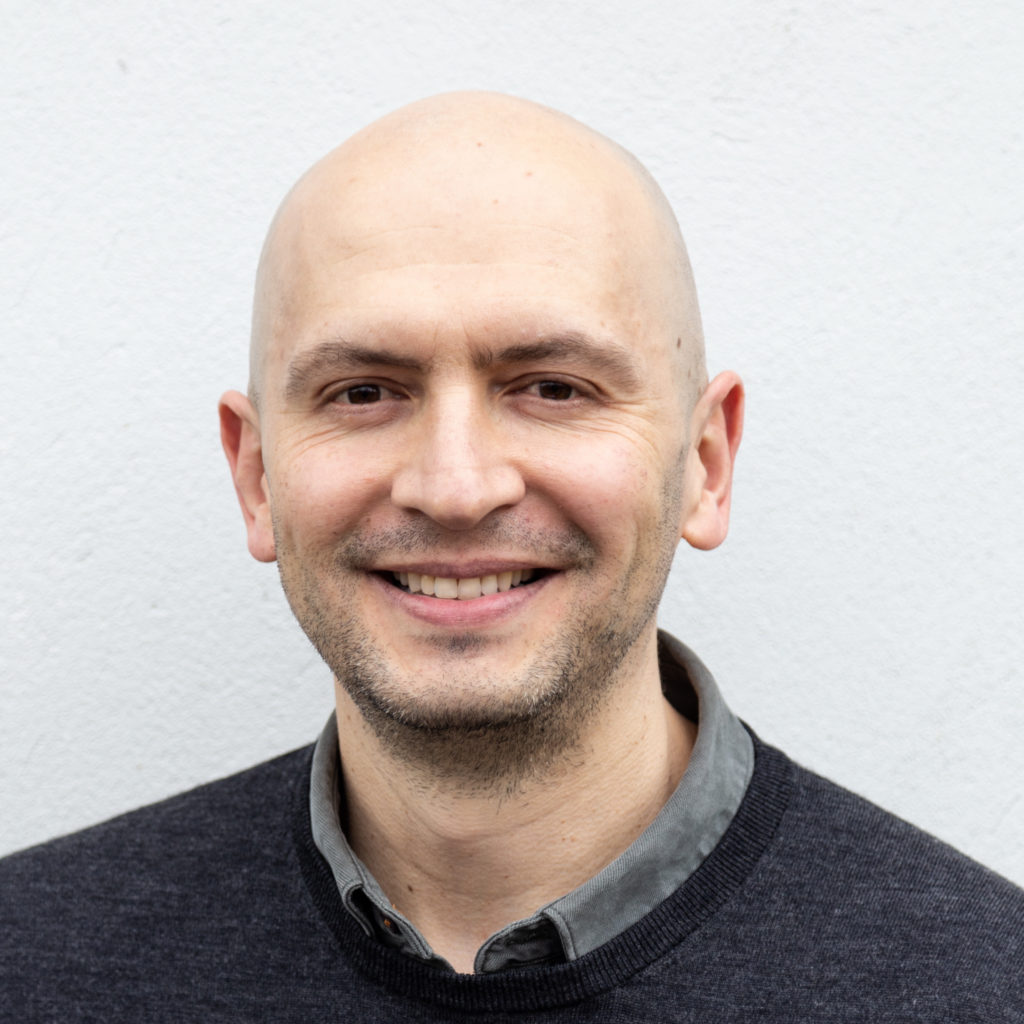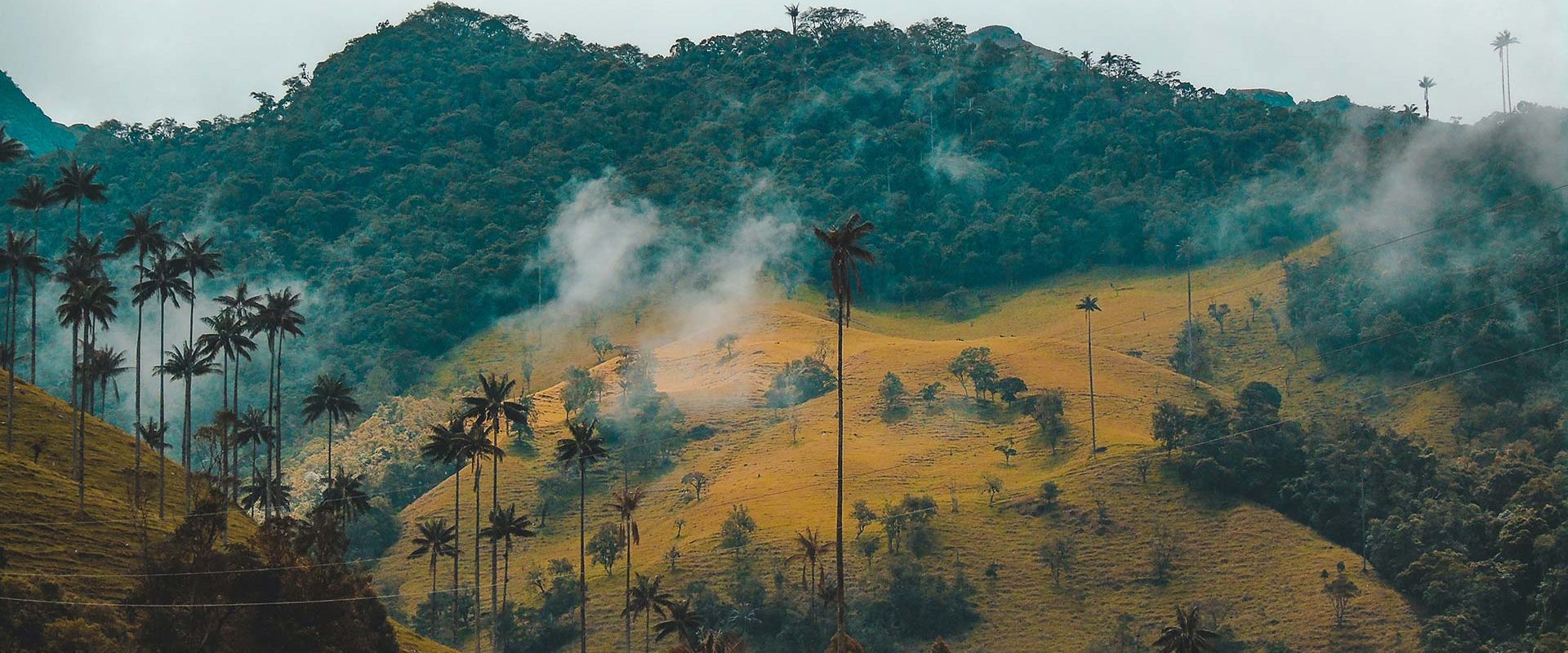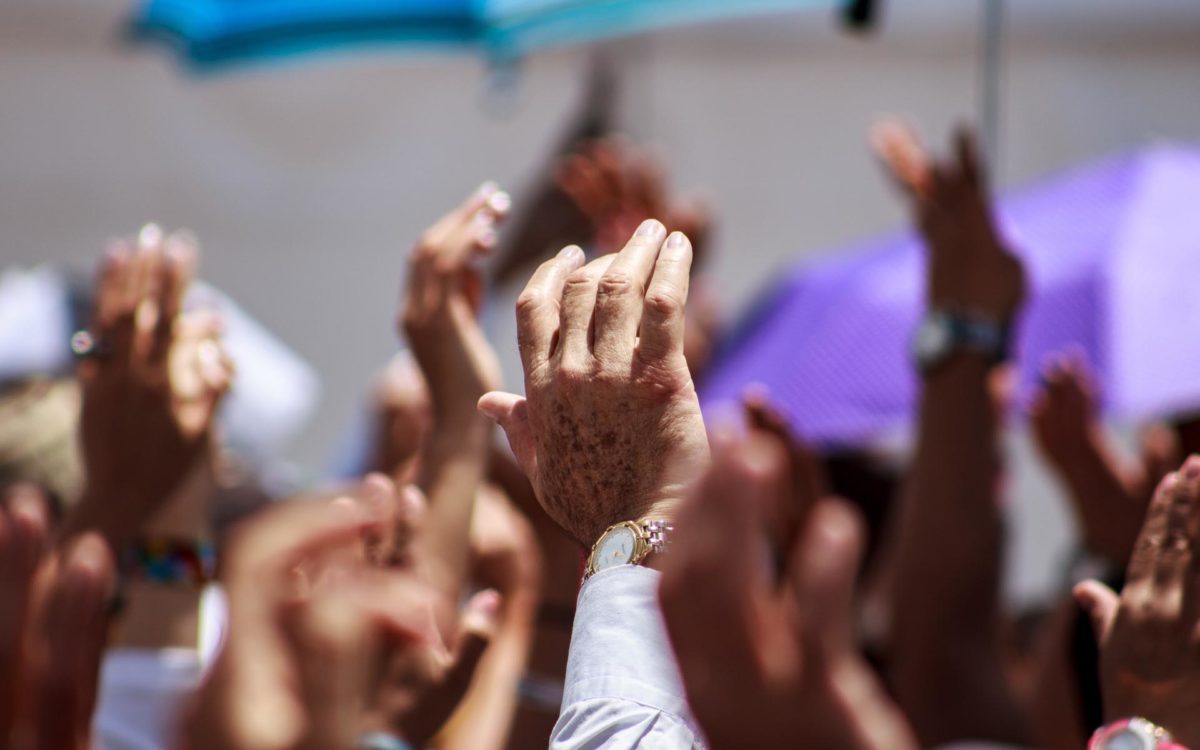
Eduardo Álvarez-Vanegas
‘While the main issues during the presidential campaign were poverty, unemployment, health and corruption, the new government will receive a country where violence has not ceased, and the 2016 Peace Agreement was not at the centre of the debates. Despite this, what is certain is that the pre-war and wartime legacies in Colombia have overlapped and are very much alive…‘
The triumph of Gustavo Petro and Francia Márquez in the second round of the presidential election in Colombia on June 19th was a historic event. For the first time, the country will have a leftist government headed by a former rebel, whose victory shows that making politics without arms is an option for those who have believed in a negotiated peace. Colombia will also have a black woman vice-president. It is another milestone considering that Márquez is not a pro-establishment politician but a leader who embodies the pillars of the 1991 Constitution, such as those of political pluralism and Colombia as a multi-ethnic country. Márquez has proven that alternative and grassroots political forces can access power through democratic institutions, despite structural racism and inequalities for women.
While the main issues during the presidential campaign were poverty, unemployment, health and corruption, the new government will receive a country where violence has not ceased, and the 2016 Peace Agreement was not at the centre of the debates. Despite this, what is certain is that the pre-war and wartime legacies in Colombia have overlapped and are very much alive.
First, there are the legacies that preceded the armed conflict. The most important is the rural issue, which is one of the problems that should have been resolved with or without armed conflict, with or without insurgent groups. This problem, which is one of the main sources of inequality in the countryside and violence in Colombia, has its roots in the way political power was consolidated in the Colony and was exacerbated by the peasant struggles of the first half of the 20th century and the reformist attempts of liberal governments in the 1930s and 1960s.
During the armed conflict, elites opposed these reforms through institutional and violent means that led to forced displacement, massacres and land dispossession of millions of Colombians. One of the institutions to which this government must give greater impetus to advance a solution to the rural problem will be the comprehensive agrarian reform of the 2016 Peace Agreement, which comprises such elements as restoration of rights, comprehensive development in the countryside, standardisation of property, democratisation of land use and access to land and ensuring state presence in rural areas. These challenges must be accompanied by security guarantees for victims and leaders, whose struggles face opposition from political and economic elites who, in many cases, are the beneficiaries of land dispossession and violence of the armed conflict.

The new government will also face the legacies of the armed conflict. There are many of them. Let us look at just two. First, the armed conflict in Colombia has been transforming over the past ten years. The beginning of the peace process in 2012, the signing of the Peace Agreement in 2016 and six years of implementation have taken place in the context where other non-state armed organisations have continued to operate and remain a threat that Petro’s government will have to tackle.
In the case of the National Liberation Army (ELN, in Spanish), Petro will have to reformulate dialogue to lead to a negotiation with a defined agenda and tangible results, something that is not clear in the current framework established in Quito in 2016. The tension between the notions of “dialogue” and “negotiation” is not a minor issue. For the ELN, the dialogue should generate a negotiation agenda produced directly with civil society to define problems to be addressed in each region. This may take years, which is something that the Colombian society will not accept. Here, Petro will have to embrace political pragmatism: will it be possible to engage in dialogue and negotiate with the ELN as a whole or only with the factions committed to a political solution?
Secondly, there are other non-state armed organisations, such as the Gaitanist Self-Defence Forces of Colombia (AGC, in Spanish) and FARC-EP splinters. The former is the most powerful criminal structure in the country, which in May decreed an armed strike that paralysed a third of Colombia. This multi-criminal organisation has the capacity to challenge the state’s authority. This does not mean the AGC should be given political status for negotiation, but rather that it is a political problem that requires political decisions. Which ones? Petro’s government will seek to submit this organisation to justice, which poses immense challenges because it is fragmented, horizontal and operates as a network through outsourcing schemes. In addition to dismantling the armed apparatus of the organisation, a critical aspect will be to uncover and dismantle the instrumental alliances that this criminal group has with the state and political and economic sectors.
Regarding FARC-EP splinters, the Santos and Duque governments were short-sighted. The former downplayed these groups, while the latter prioritised leadership decapitation. Neither option worked, and both governments stated that there would be no negotiations with these groups. Considering that one of the main objectives is reducing these groups’ violence against the civilian population, the country will expect a change of course by Petro’s administration. Undoubtedly, he will have to signal a willingness to solve the problem without repeating failed recipes.
Petro will have to acknowledge that these legacies interact, that there are wartime institutions (i.e., criminal and rebel governance) that must be replaced by the rule of law and development and security agendas, which reconcile with preexisting social and grassroots processes and lack of trust toward the state. The nexus between armed conflict and organised crime will also pose great challenges to the policies he puts forward. Finally, the measures to tackle these legacies will have to take into account increasing tensions in the Colombian society around rejection of truth, justice and recognition of past wrongs. Let us hope that Petro and Márquez recognise that dealing with these legacies will set, to a great extent, the conditions to move forward with other issues that were at the centre of the presidential campaign.

